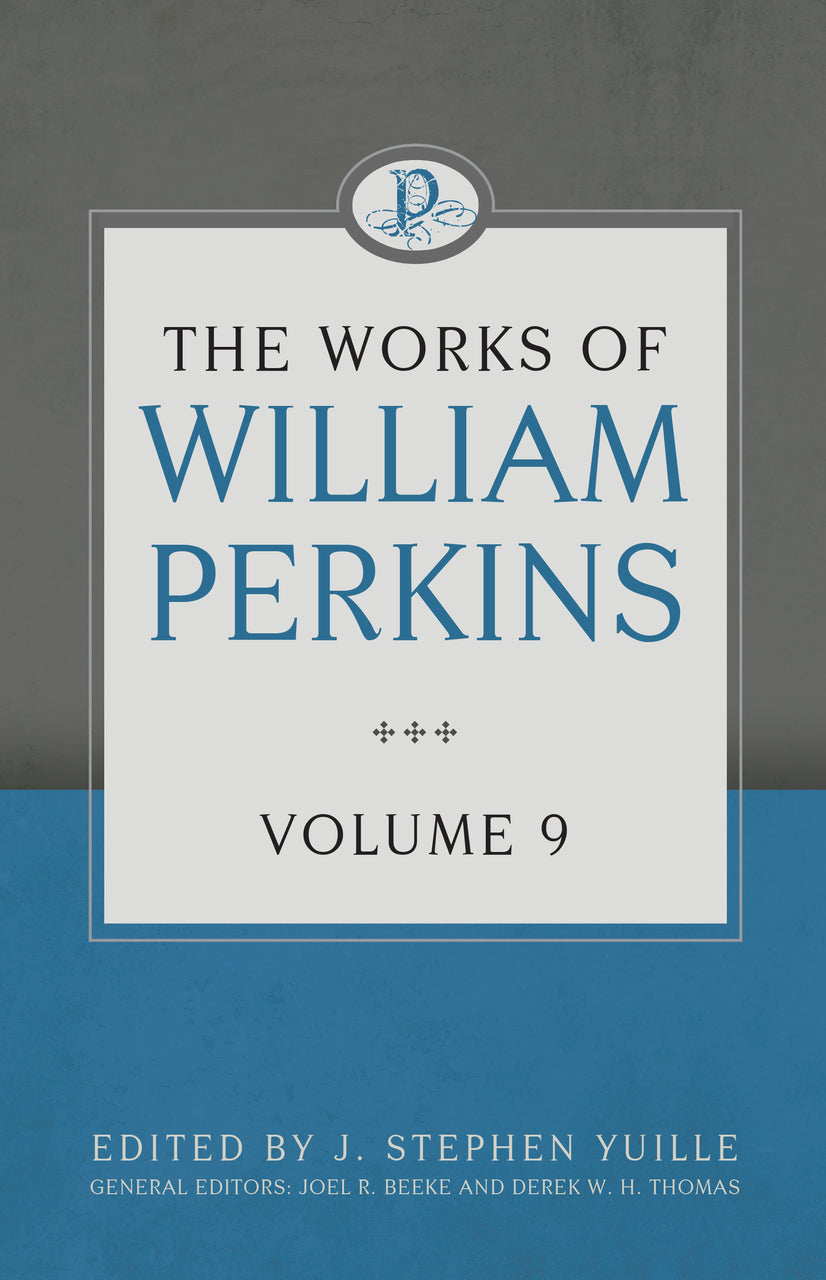William Perkins (1558–1602) earned a bachelor’s degree in 1581 and a master’s degree in 1584 from Christ’s College in Cambridge. During those student years he joined up with Laurence Chaderton, who became his personal tutor and lifelong friend. Perkins and Chaderton met with Richard Greenham, Richard Rogers, and others in a spiritual brotherhood at Cambridge that espoused Puritan convictions.
From 1584 until his death, Perkins served as lecturer, or preacher, at Great St. Andrew’s Church, Cambridge, a most influential pulpit across the street from Christ’s College. He also served as a teaching fellow at Christ’s College, catechized students at Corpus Christi College on Thursday afternoons, and worked as a spiritual counselor on Sunday afternoons. In these roles Perkins influenced a generation of young students, including Richard Sibbes, John Cotton, John Preston, and William Ames. Thomas Goodwin wrote that when he entered Cambridge, six of his instructors who had sat under Perkins were still passing on his teaching. Ten years after Perkins’s death, Cambridge was still “filled with the discourse of the power of Mr. William Perkins’ ministry,” Goodwin said.
Perkins’s influence as a theologian continued unabated after his death. This was due in large part to the widespread popularity of his writings. His writings were translated into several European languages and greatly influenced British and American Reformed theology, the Dutch Further Reformation, and European Pietism.










